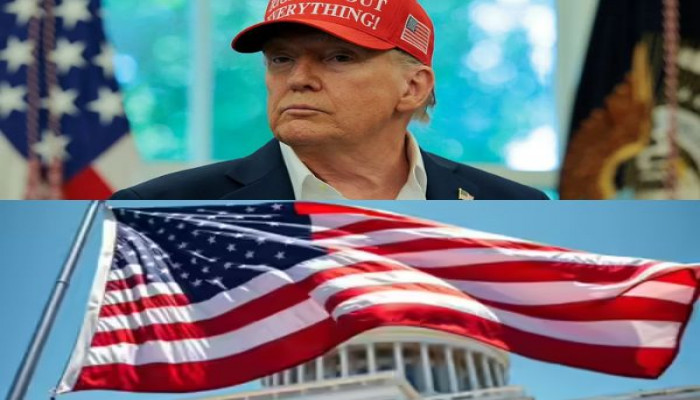US tightens global visa rules, restores Trump-era ‘Public Charge’ policy
- In Reports
- 06:42 PM, Nov 08, 2025
- Myind Staff
The United States has instructed all its embassies around the world to start enforcing new and stricter visa screening rules under the “public charge” provision of immigration law.
Under this rule, consular officers are now required to deny visas to anyone who is likely to depend on public welfare or government benefits once they move to the US.
The “public charge” policy allows immigration officials to reject applications for visas or permanent residency if they believe the applicant might become financially dependent on the state.
This decision marks a return to the stricter standards set during Donald Trump’s first term, which had been eased under former President Joe Biden before Trump came back to power in early 2025.
“Self-sufficiency has been a longstanding principle of U.S. immigration policy… and the public charge ground of inadmissibility has been a part of our immigration law for more than 100 years,” Fox News quoted the official communication cable as saying.
The order instructed officers to carefully assess whether an applicant might rely on public aid, based on their health, age, English skills, financial background, and the likelihood of needing long-term medical care.
“You must examine all aspects of the case… including the petition, visa application, medical report, affidavit of support, and any information uncovered in the course of screening and vetting,” the cable stated, adding that any past use of government cash support or institutional care could also lead to denial.
According to ABC News, the new guidelines mean that even some medical conditions, including diabetes and obesity, could now become reasons for visa rejection.
Health has always been a part of the US visa evaluation process, which includes screening for diseases like tuberculosis and checking vaccination history, but the new policy expands the list of medical factors that can influence the decision, experts said.
Charles Wheeler, a senior attorney at the Catholic Legal Immigration Network, explained that although these new rules technically apply to almost all visa applicants, they are most likely to affect those applying for permanent residency.







Comments